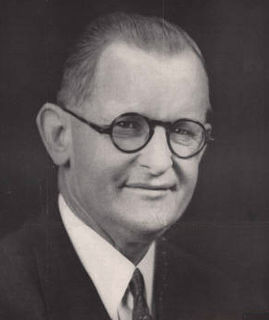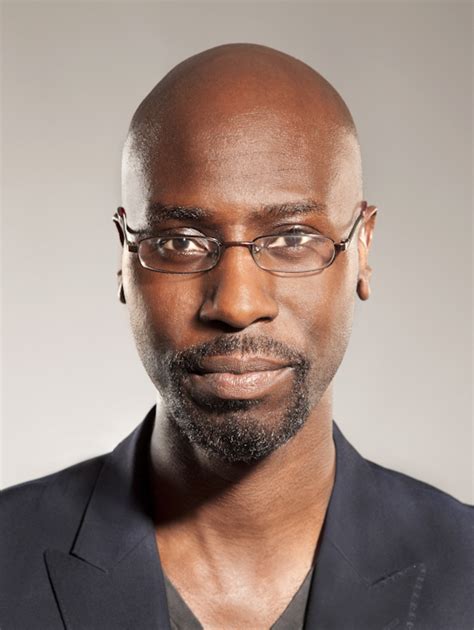A Quote by Diogenes
There is only a finger's difference between a wise man and a fool.
Related Quotes
All I have learned in life really just boils down to this: there is only one difference between the so-called wise and the so-called foolish...and between those who are truly happy and those who are not. Those who are wise - and those who are happy - embrace and appreciate life. Those who are unhappy and unwise do not. That is all; that is the only difference.
I Have often thought if the minds of men were laid open, we should see but little difference between that of the wise man and that of the fool. There are infinite reveries, numberless extravagances, and a perpetual train of vanities which pass through both. The great difference is, that the first knows how to pick and cull his thoughts for conversation, by suppressing some, and communicating others; whereas the other lets them all indifferently fly out in words.
We could almost say that being willing to be a fool is one of the first wisdoms. So acknowledging foolishness is always a very important and powerful experience. The phenomenal world can be perceived and seen properly if we see it from the perspective of being a fool. There is very little distance between being a fool and being wise; they are extremely close. When we are really, truly fools, when we actually acknowledge our foolishness, then we are way ahead. We are not even in the process of becoming wise — we are already wise.
It is necessary to have party organization if we are to have effective and efficient government. The only difference between a mob and a trained army is organization, and the only difference between a disorganized country and one that has the advantage of a wise and sound government is fundamentally a question of organization.
Mothers know the difference between a broth and a consommé. And the difference between damask and chintz. And the difference between vinyl and Naugahyde. And the difference between a house and a home. And the difference between a romantic and a stalker. And the difference between a rock and a hard place.







































